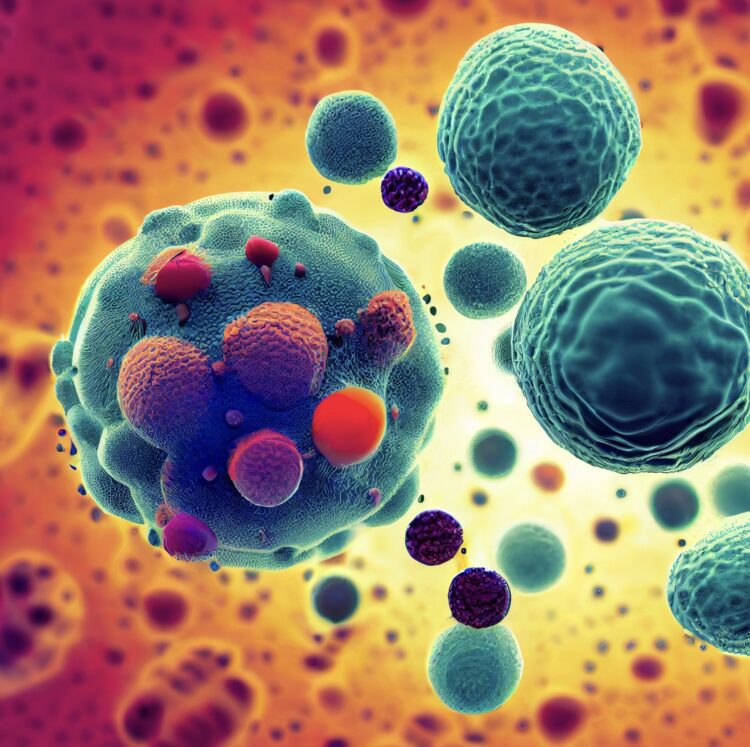The identification of disease-causing genes is crucial in the search for more accurate treatments and diagnoses. In this realm, DeepMind, a Google subsidiary specializing in artificial intelligence, has made a quantum leap with the introduction of a new tool designed to identify changes in human DNA that have the potential to cause diseases.

The traditional approach in genetics has been based on the meticulous examination of DNA sequences for mutations. However, the ability to identify key mutations was limited. With the aid of DeepMind’s new tool, named AlphaMissense, this percentage has surged to an impressive 89%. Such a technological feat implies that scientists now have the capability to identify nearly all relevant mutations in human DNA.
But how does this tool achieve such a feat? AlphaMissense checks the order of components in human DNA chains. If the order of these “letters” of DNA is incorrect, due to a hereditary disorder, it can lead to diseases. This process not only focuses on the identification of erroneous sequences but also determines whether these sequences will produce a correct protein structure or if they are potentially pathogenic.

Backing for this technology comes from renowned experts in the field. Professor Ewan Birney, Deputy Director-General of the European Molecular Biology Laboratory, expressed that this advancement is “a huge step forward” in genomics.
This isn’t DeepMind’s first significant achievement in biology. The previous year, the artificial intelligence managed to resolve the structure of nearly all the proteins in the human body, cementing its position at the forefront of genetic research.

To test its efficacy, AlphaMissense was put through trials by Genomics England. The results were promising, and this tool is expected to play a pivotal role in the interpretation of genetic data, benefiting both patients and clinical teams. Ultimately, the integration of artificial intelligence in genomics not only has the potential to accelerate diagnoses and treatments but could also revolutionize the field of molecular biology and the biological sciences in general.











